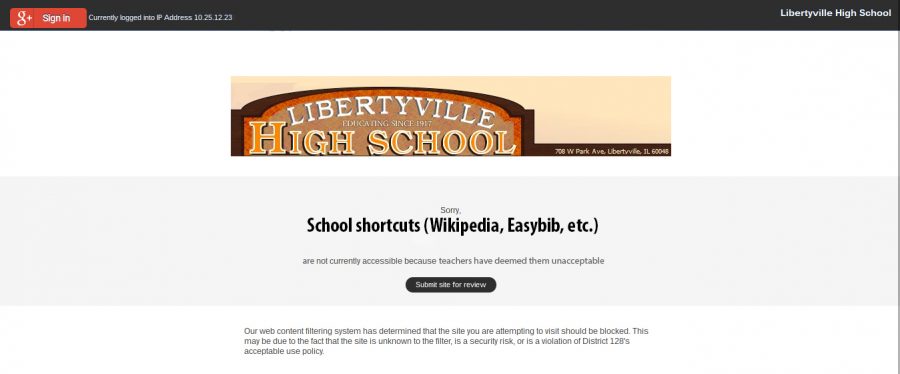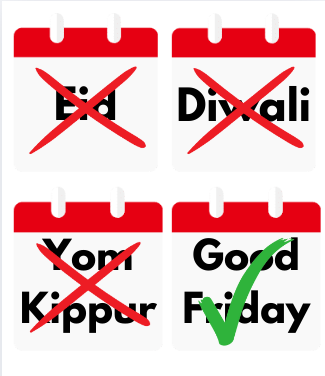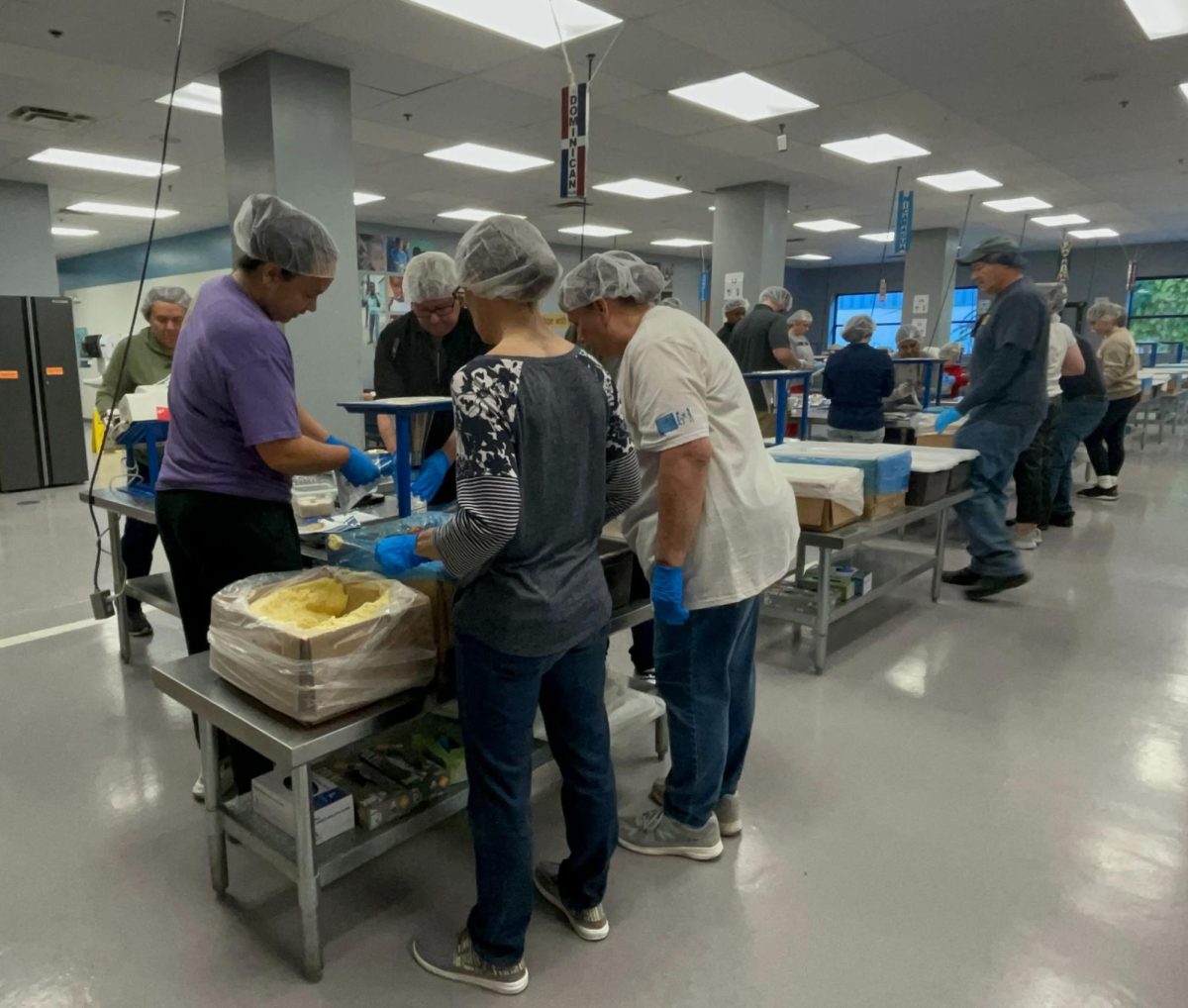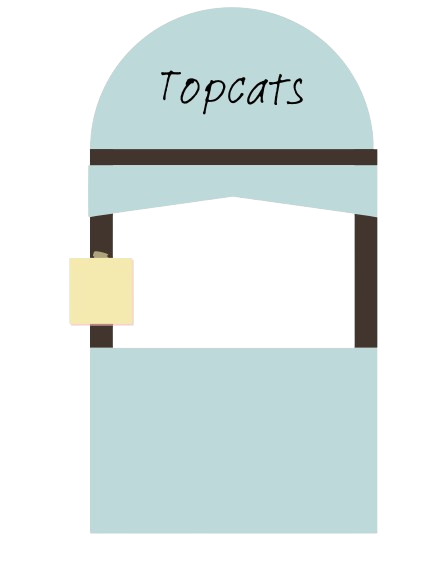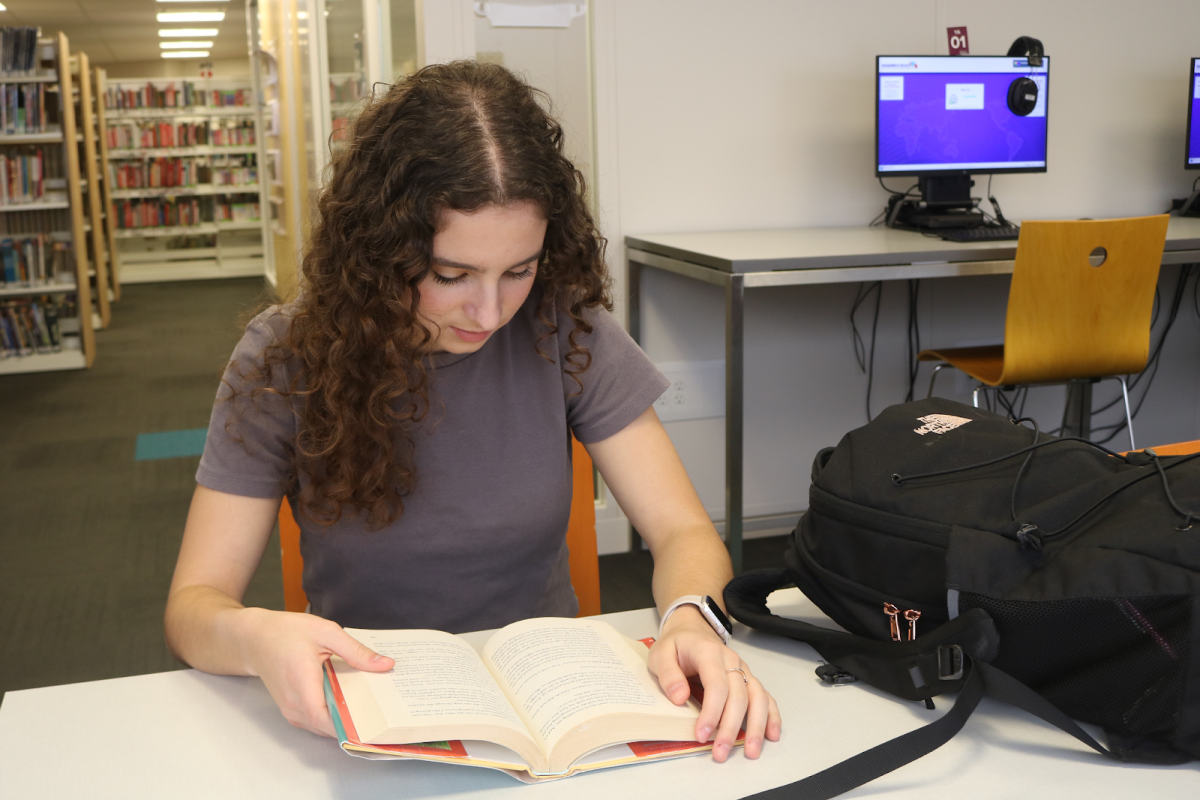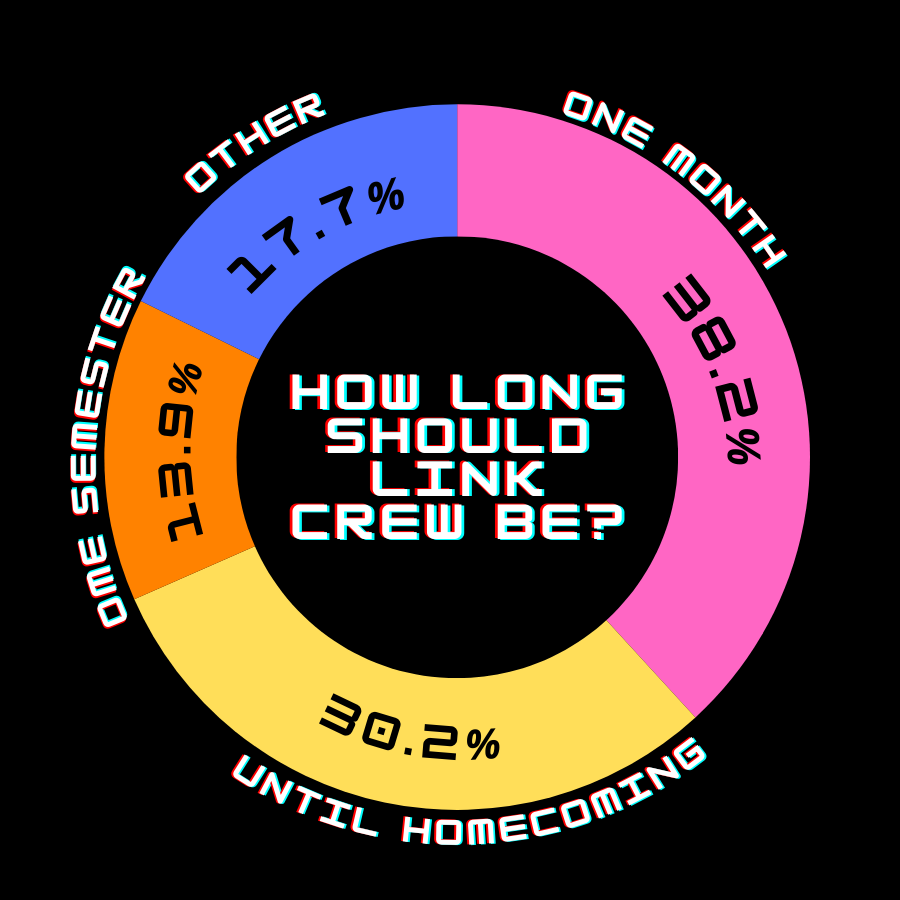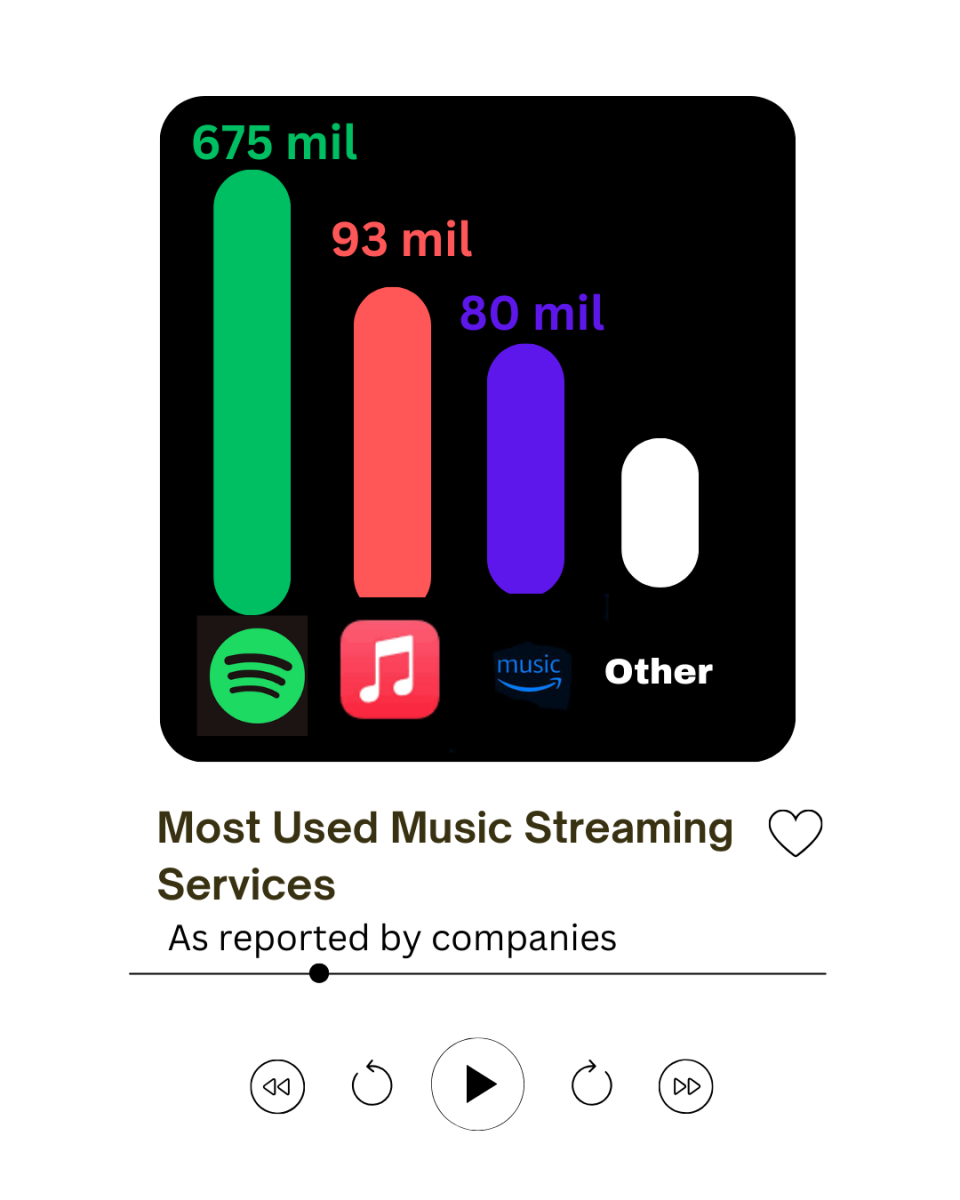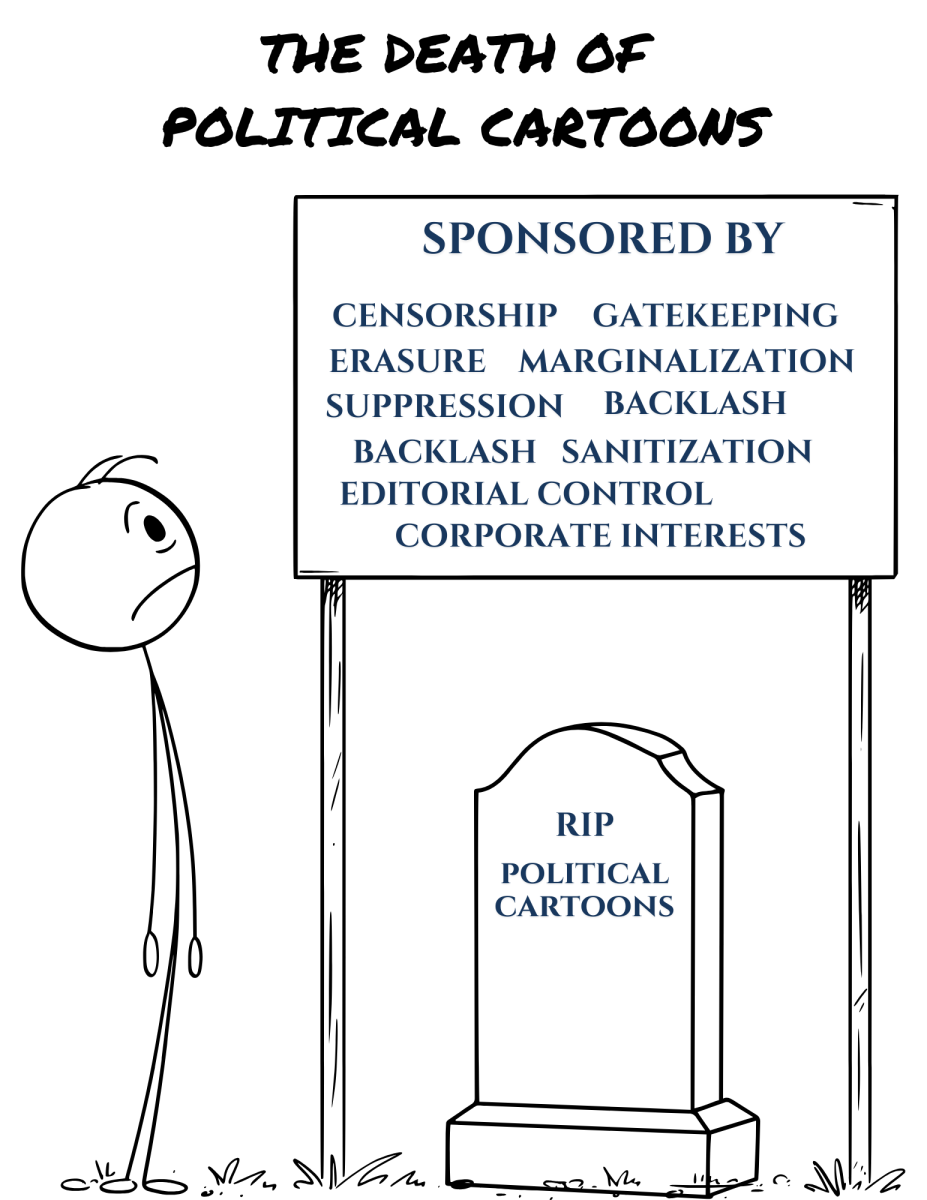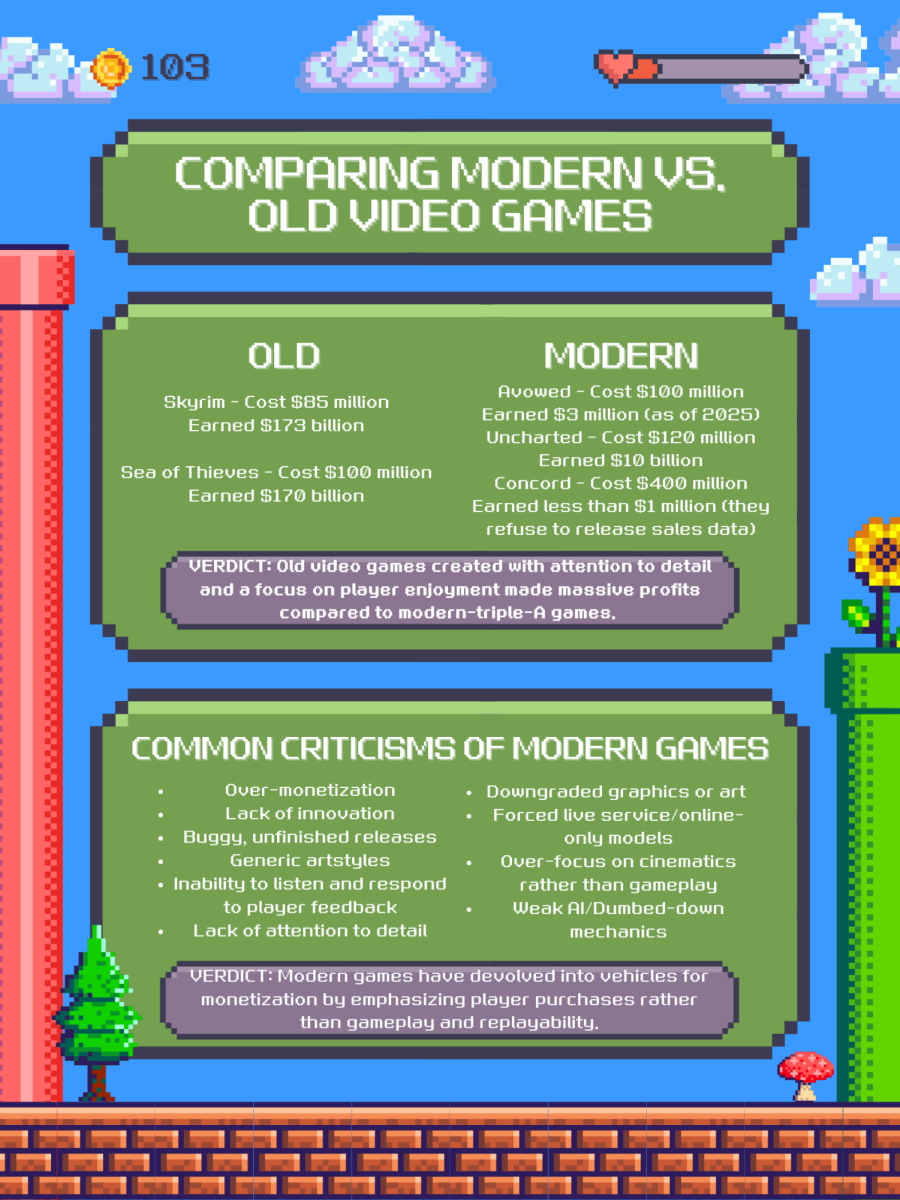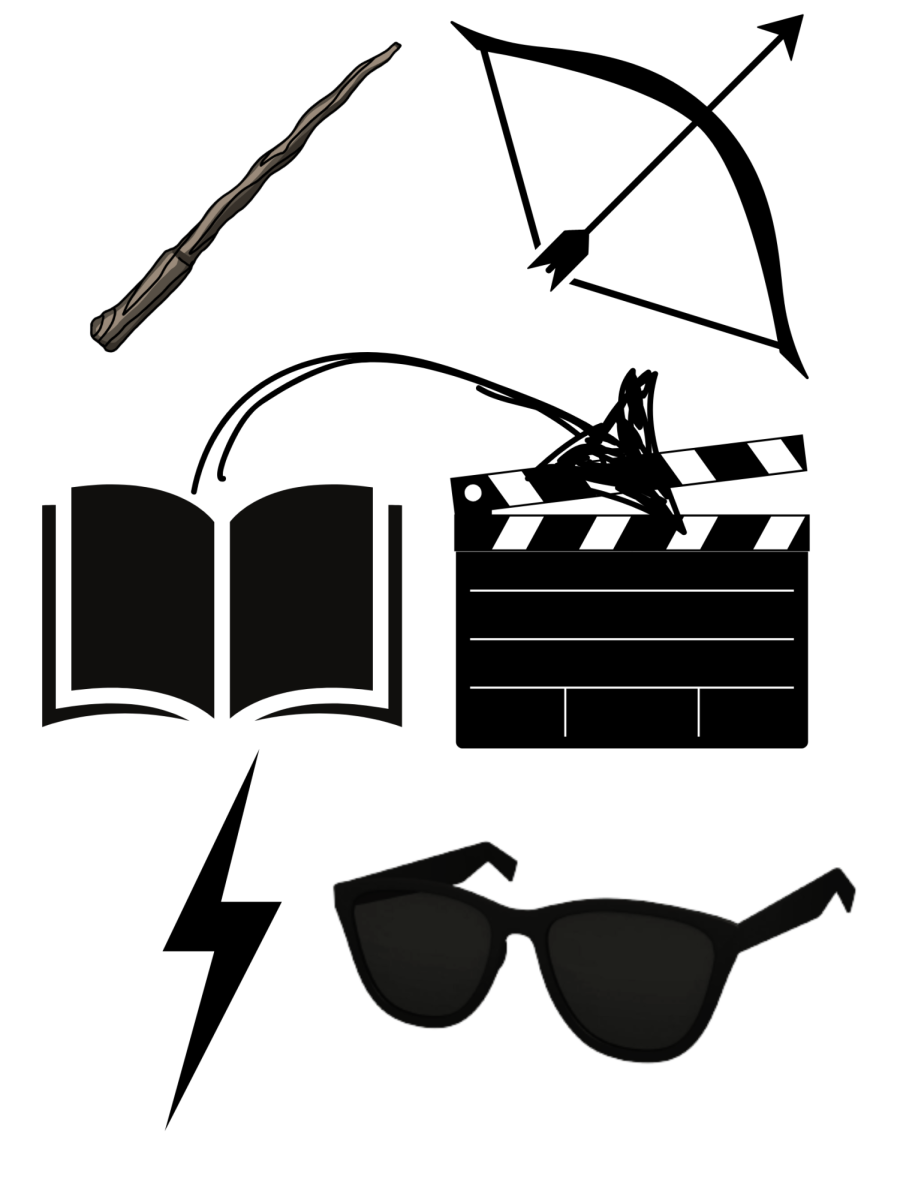Wikipedia. SparkNotes. Group chats. Wiki Notes. Shmoop. The list is endless. Many students use these “school shortcuts” just to get by in their classes.
As high school students, to describe us as busy is an understatement. Some nights there just isn’t time to read a chapter and take notes, or work on one math problem for an hour. That’s where these “school shortcuts” come in handy. When we’re in a bind, it’s better to get the information from somewhere than to blow off an assignment completely. We’ve learned that if there is an easier way to accomplish work, we will use it. There are an insane amount of resources available for high school students, and using them to better your education isn’t cheating, it’s just learning.
There’s a difference between supplementing learning with mindless copying and enhancing information that you have already obtained. Many of these websites do not replace the work we put in during the school day, but they alleviate some of the stress that comes from a full day of class, extracurricular activities, work and family obligations.
An act of desperation, yes, but as students, we are still taking our learning into our own hands. If we can’t learn from the book, we’ll watch a Crash Course. If we don’t understand the symbolism of a literary text, we look it up on SparkNotes. Shortcuts aren’t always used out of laziness, but rather because we have learned how to be efficient in a way that’s compatible with our individual learning styles. Even if you understand what happens in class, using websites or a classmate to double check lightens the workload and any concern that material is not understood.
We believe that teachers can hardly recognize these outside sources, if they recognize them at all. There are even times that teachers encourage using websites like SparkNotes as a review tool before a test or Crash Course videos as a way to recall units learned months previously before a final. These teachers have accepted that technology is now an integral part of learning.
On the opposing side, some teachers have taken utilization of materials like these as an insult, as though their teaching style was not good enough. Our staff has never found faulty information, or suffered from teachers who change answers on commonly used websites (though they are known to happen). These teachers mainly give out empty threats, but to students, this opposition poses no real threat.
Students don’t need to be taught how to use these resources. No teacher intervention is actually needed; this is a part of our education we can handle ourselves.
We accept that these resources will not be available in college, or in whichever path we pursue after high school. College classes are more specific than high school ones, and no website can do adulthood for you, but for now, we will continue to try and find better, faster ways to get work done that will make our crazy lives a little less…well, crazy.



